According to Deputy Minister of Industry and Trade Do Thang Hai, currently, many developed economies in the world have set stricter environmental regulations on imported goods such as the European green growth policy, the European green agreement along with program mechanisms such as the Carbon Border Adjustment Mechanism (CBAM); Farm to Fork Strategy; Circular Economy Action Plan or Biodiversity Strategy to 2030...
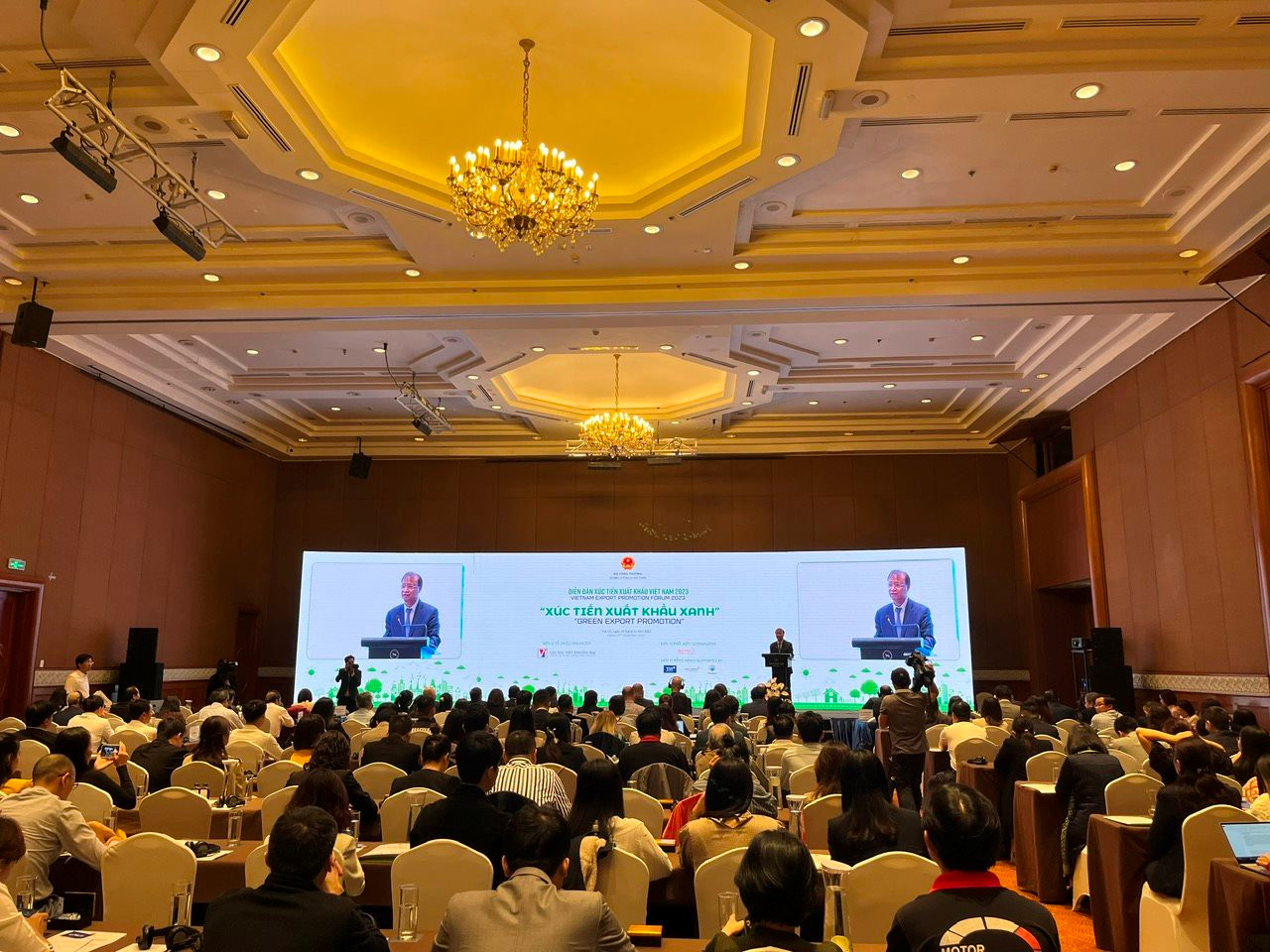
In order not to be eliminated from the game by the high environmental and social standards set by import markets, exporting countries – including Vietnam – need to change their mindset, pay attention to the “greenness” of the supply chain, in international trade to meet the strict technical requirements of the market – Mr. Do Hai An emphasized.
In recent times, the Ministry of Industry and Trade has oriented and supported businesses to transform their growth models towards reducing carbon emissions; researched and issued policies and mechanisms to support the implementation of solutions applying clean technology, improving energy efficiency, cleaner production, and circular economy .
Trade promotion activities all incorporate information exchange and update the latest information on international regulations, national laws and policies of importing countries, especially regulations on greenhouse gas emission reduction, policies and green product standards. Thereby, helping businesses improve their awareness and capacity in the development, production and business process in accordance with international practices and legal regulations, meeting the regulations of importing countries and the requirements of international buyers.
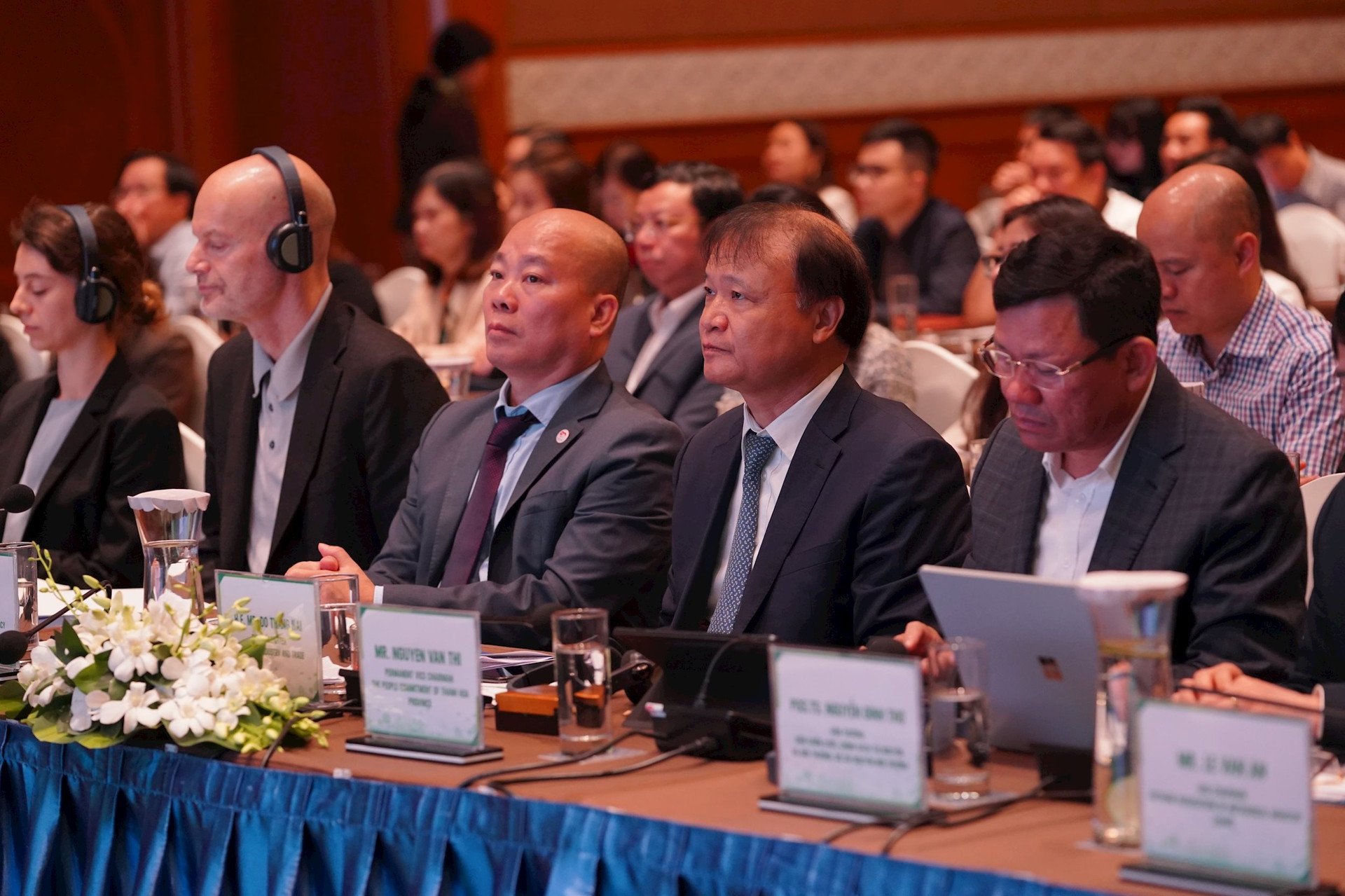
According to Ms. Mira Nagy - Head of the Go Circular Project, German International Cooperation Agency (GIZ), the Circular Economy Action Plan is at the heart of the European Green Deal and contributes to achieving carbon neutrality by 2050. The plan announces 36 key measures focusing on the following sectors: Electronics and information technology, batteries and vehicles; packaging and plastics; textiles; construction; food, water and nutrients.
Accordingly, the EU's circular economy policies and many other policies will impact the production of raw materials and primary processing, including production processes in third countries like Vietnam. The most obvious are the regulations on batteries; Eco-design Framework Directive; Energy Labeling Directive; Eco-design for Sustainable Products Regulation (ESPR); Textile Strategy; Waste from Electrical and Electronic Equipment Directive (WEEE); Corporate Sustainability Reporting Directive (CSRD)... European customers will require Vietnamese companies to resolve issues of records and documents proving compliance with these regulations.
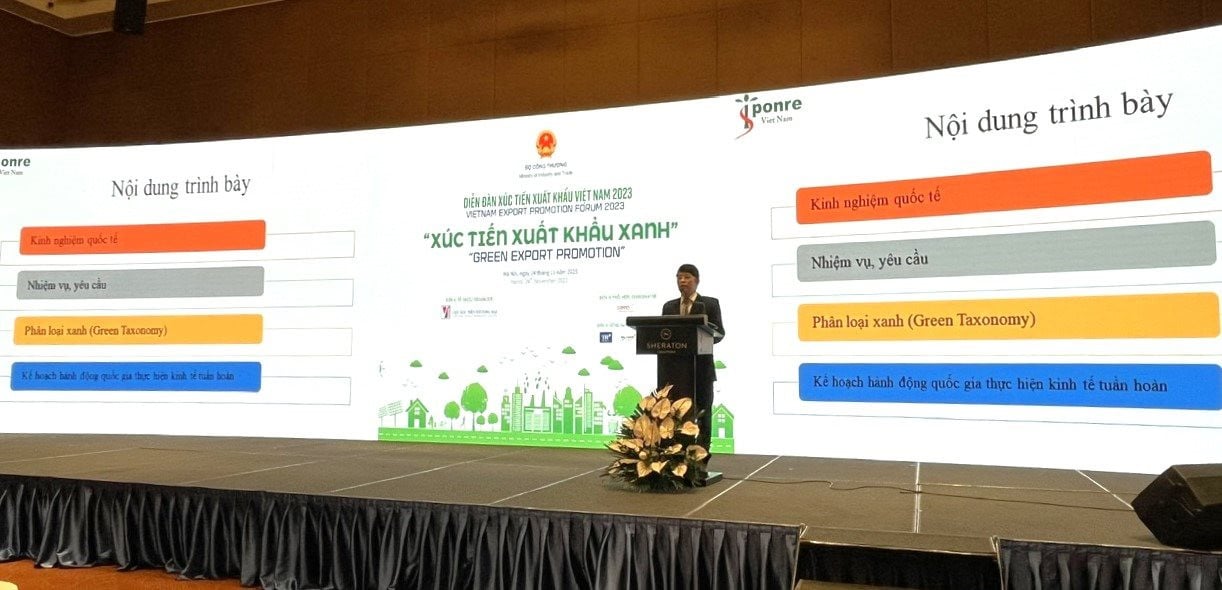
Dr. Nguyen Phuong Nam, International Assessment Expert on the United Nations Greenhouse Gas Inventory Report, emphasized that regulations such as CBAM aim to prevent goods with high carbon emissions from entering the EU market. CBAM applies to businesses both inside and outside Europe, so overcoming green export barriers is also an opportunity for Vietnamese businesses to increase their competitiveness in the international market.
In fact, the EU is not the only one to have proposed CBAM regulations. The US has also proposed a similar “Clean Competition Act” and it is expected to apply from 2024 for primary goods, and from 2026 for both primary and finished goods. It is expected that goods that exceed the permitted emissions will have to pay a carbon price of 55 USD (in 2024), increasing by 5% each year with inflation adjustment. The law applies to all countries and territories, except the least developed economies. The UK and Canada are starting consultations among stakeholders to discuss the mechanism for adjusting carbon borders…
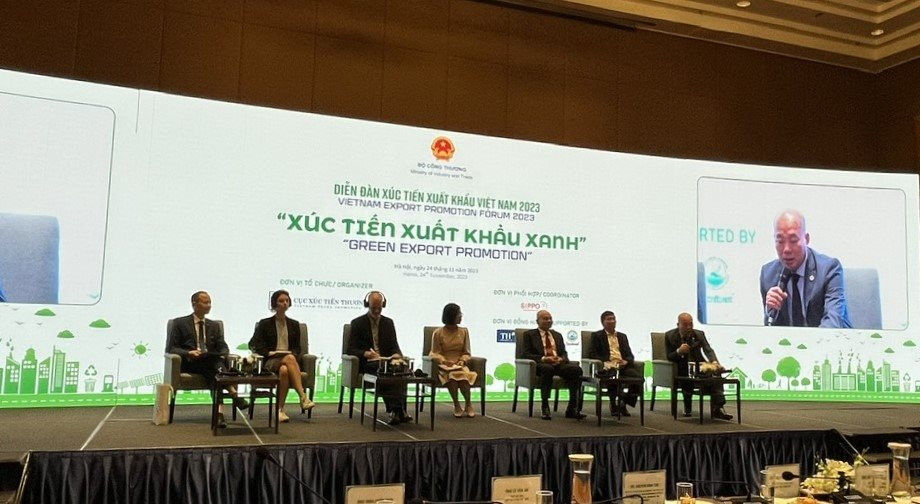
At the Forum, speakers shared about the transformation trends in international trade. Direct impacts on exports in the context of CBAM implementation; circular economy and business appraisal in the value chain - important policies of the EU, Germany and proposed support activities for Vietnam's export industries; the role and responsibility of TPOs and BSOs in promoting Green exports; green transformation in the Vietnam Export Promotion ecosystem...
Representatives of business associations shared practical experiences in green production, encouraged the implementation of circular economic chain models, developed sustainable exports, and responded to the global green consumption trend. This is a suggestion for central and local state management agencies and industry associations in promoting carbon neutral initiatives, circular economy, and improving the ability to provide support activities for the business community towards the sustainability of the supply chain in the coming time.
Source


![[Photo] The road connecting Dong Nai with Ho Chi Minh City is still unfinished after 5 years of construction.](https://vphoto.vietnam.vn/thumb/1200x675/vietnam/resource/IMAGE/2025/11/04/1762241675985_ndo_br_dji-20251104104418-0635-d-resize-1295-jpg.webp)
![[Photo] Ca Mau "struggling" to cope with the highest tide of the year, forecast to exceed alert level 3](https://vphoto.vietnam.vn/thumb/1200x675/vietnam/resource/IMAGE/2025/11/04/1762235371445_ndo_br_trieu-cuong-2-6486-jpg.webp)

![[Photo] Panorama of the Patriotic Emulation Congress of Nhan Dan Newspaper for the period 2025-2030](https://vphoto.vietnam.vn/thumb/1200x675/vietnam/resource/IMAGE/2025/11/04/1762252775462_ndo_br_dhthiduayeuncbaond-6125-jpg.webp)
![[Photo] Ho Chi Minh City Youth Take Action for a Cleaner Environment](https://vphoto.vietnam.vn/thumb/1200x675/vietnam/resource/IMAGE/2025/11/04/1762233574890_550816358-1108586934787014-6430522970717297480-n-1-jpg.webp)




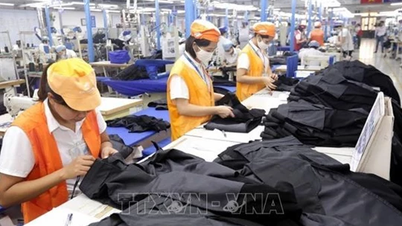

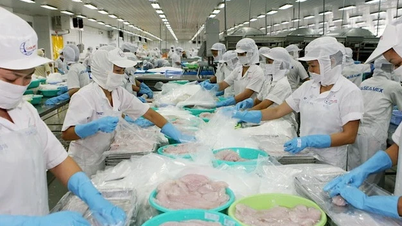






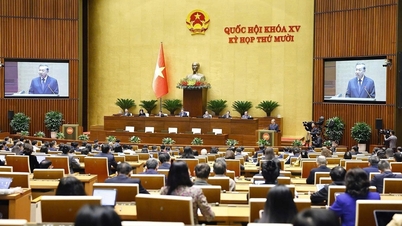

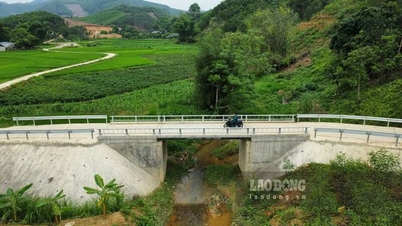

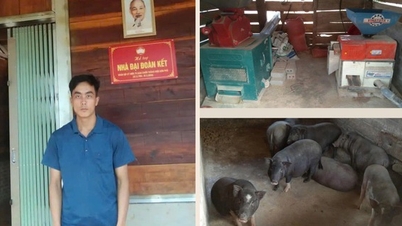

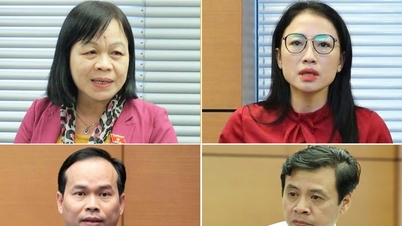

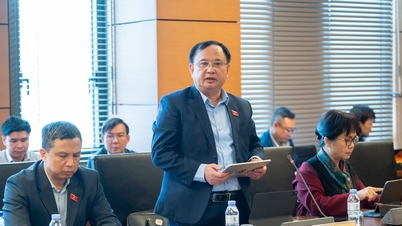





![From working for hire to becoming a boss: [Lesson 5] Sending - learning - returning - creating](https://vphoto.vietnam.vn/thumb/402x226/vietnam/resource/IMAGE/2025/11/05/1762297489528_1546-anh-3-072934_320.jpeg)

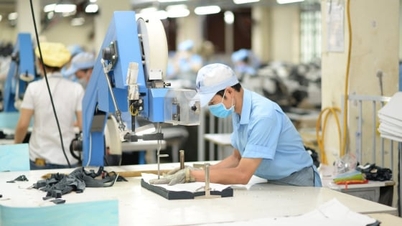

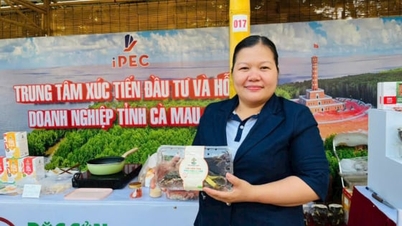
























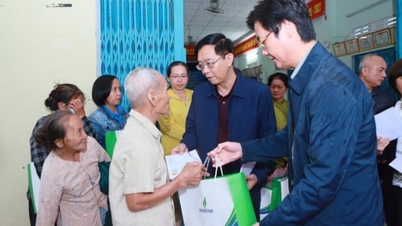










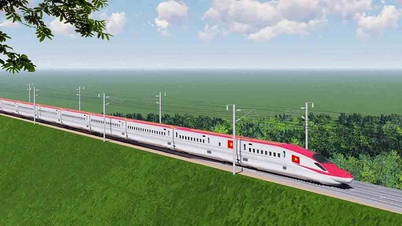
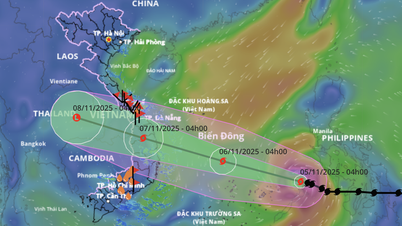

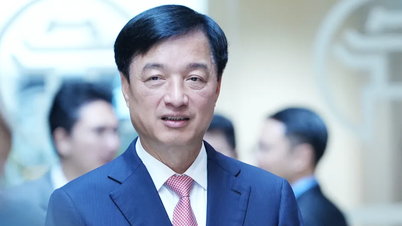

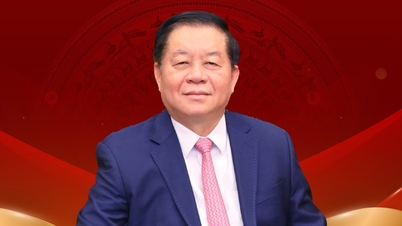


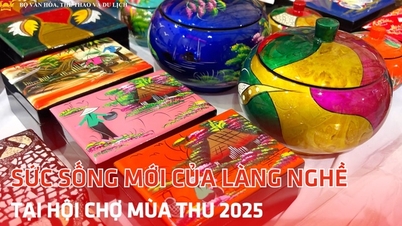





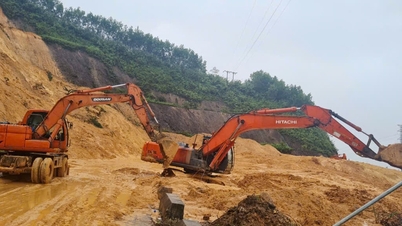





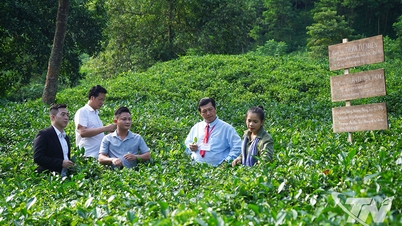

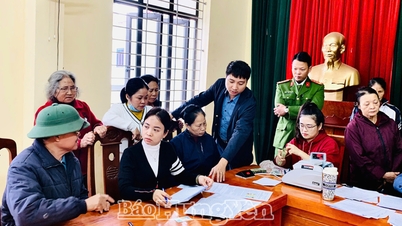












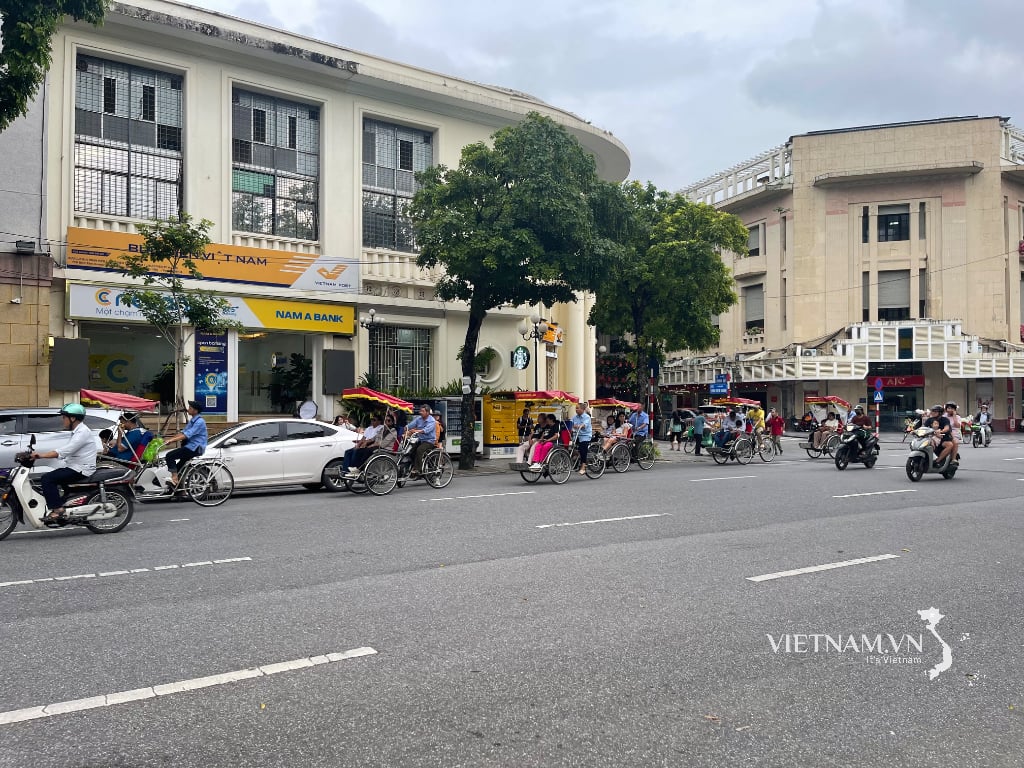
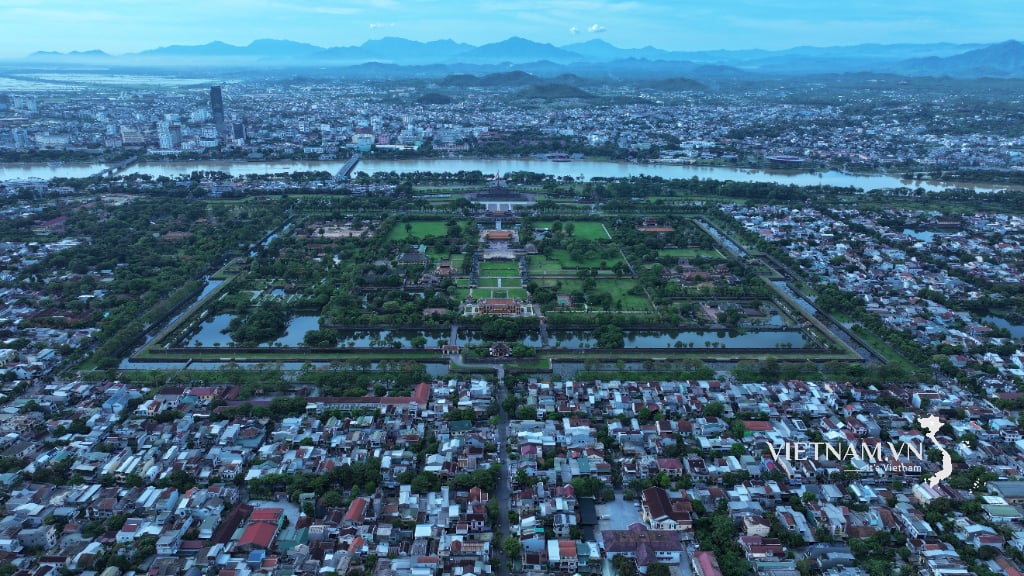


Comment (0)